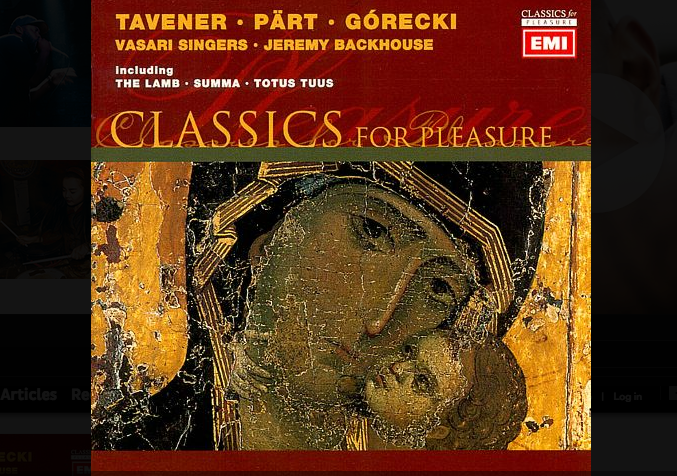ABOUT THIS PRESENTATION
At the turn of the millennium, the music of John Tavener and Arvo Pärt gained a foothold with a surprisingly diverse range of American listeners, from the Orthodox sector to those identified with New Age practices. Although the compositional styles of these composers are significantly different in form and content, their stories of compositional evolution share a central trope, namely a radical transition towards simplicity. This presentation traced the paradoxical nature of Pärt’s and Tavener’s compositions that on one hand, receive criticism for their “fundamentalist” approach to simplicity, their invocation of a higher power, their austerity, their demand of unquestioning acceptance, and on the other hand receive praise for their capability of producing “transcendent contemporary masterpieces with a mystical sound” that appeal to all modern audiences. I proposed that the specifics of this discussion are shaped by a broader political climate, where conservative and liberal positions have been known to meet in unexpected coalition. In this sense, the ideological core of Pärt’s and Tavener’s music – which claims that “humanism” and “reason,” taken to their logical conclusion will blind us to the sacred – functions as a shared point of contact for many listeners and consumers.
CONFERENCE
American Musicological Society
Los Angeles, CA; November 2006




